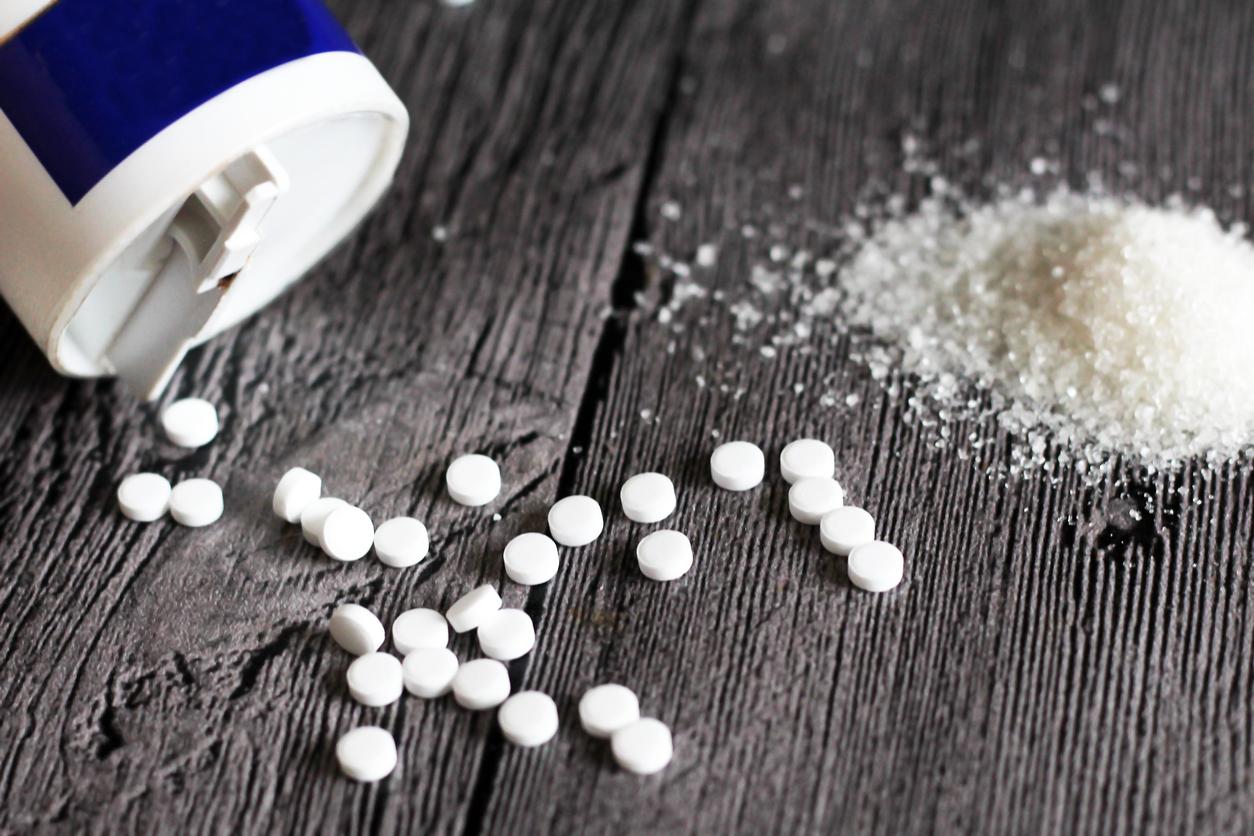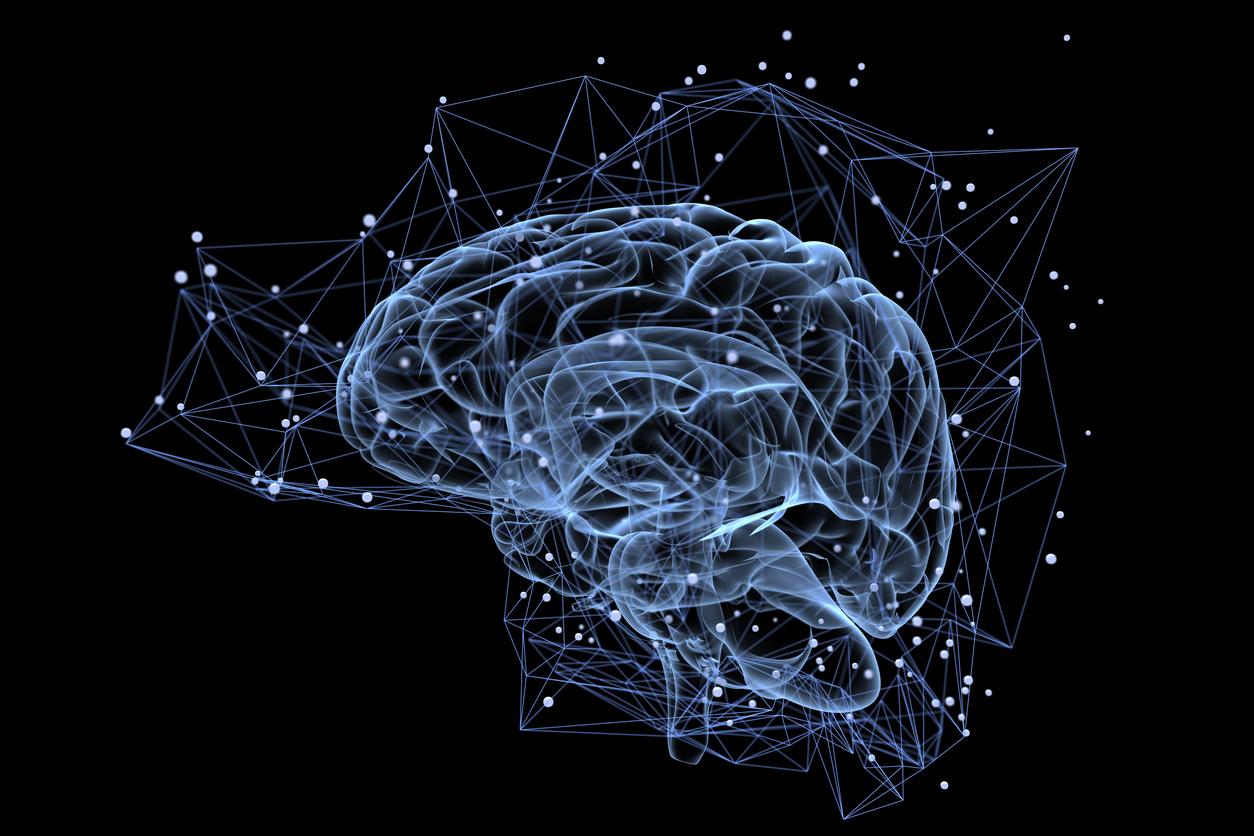Researchers have established a link between the consumption of aspartame, an artificial sweetener, and anxiety. Explanations.

- Anxiety disorders are twice as common in women as in men, according to Health Insurance.
- Generalized anxiety, the most common anxiety disorder, affects one in ten women over 40.
Anxiety disorders affect approximately 15-20% of the population at some point in their lives, according to health insurance. And these could be linked to aspartame consumption. This is what researchers from the Florida State University College of Medicine, USA, found during their experiments. According to them, the consumption of aspartame could increase the risk of suffering from anxiety. Their study was published in the journal Proceedings of the National Academy of Sciences.
As a reminder, anxiety is a normal reaction, but it becomes an illness when it occurs when no event really justifies it, according to the Vidal. We then speak of anxiety disorders which can take several forms: generalized anxiety, phobias, panic disorders and obsessive compulsive disorders (OCD).
Anxiety: the effects of aspartame visible over several generations
To achieve their results, the researchers conducted experiments on mice. They drank water containing aspartame at approximately 15% of the maximum daily human intake approved by the Food and Drug Administration (FDA), which is the United States Drug Administration. In total, the rodents consumed six to eight cans of just over 226 grams of diet soda per day for 12 weeks.
Researchers observed anxious behavior in mice by testing them in mazes. Worse, the next two generations were also very anxious. “It was completely unexpectedexplains Sara Jones, one of the authors, in a communicated. Usually you see subtle changes.” However, when scientists gave a drug used to treat anxiety disorders in humans to mice of all generations, they no longer exhibited anxious behavior.
“We have to work on environmental factors”
“What this study shows is that we need to work on environmental factors, because what we see today is not just what is happening today, but what has happened over two generations and maybe even longer,” explains Pradeep Bhide, one of the authors. In the future, scientists plan to continue their research to better understand the impacts of aspartame on memory as well as the molecular mechanisms that may explain that the effects of aspartame are visible over several generations.


















